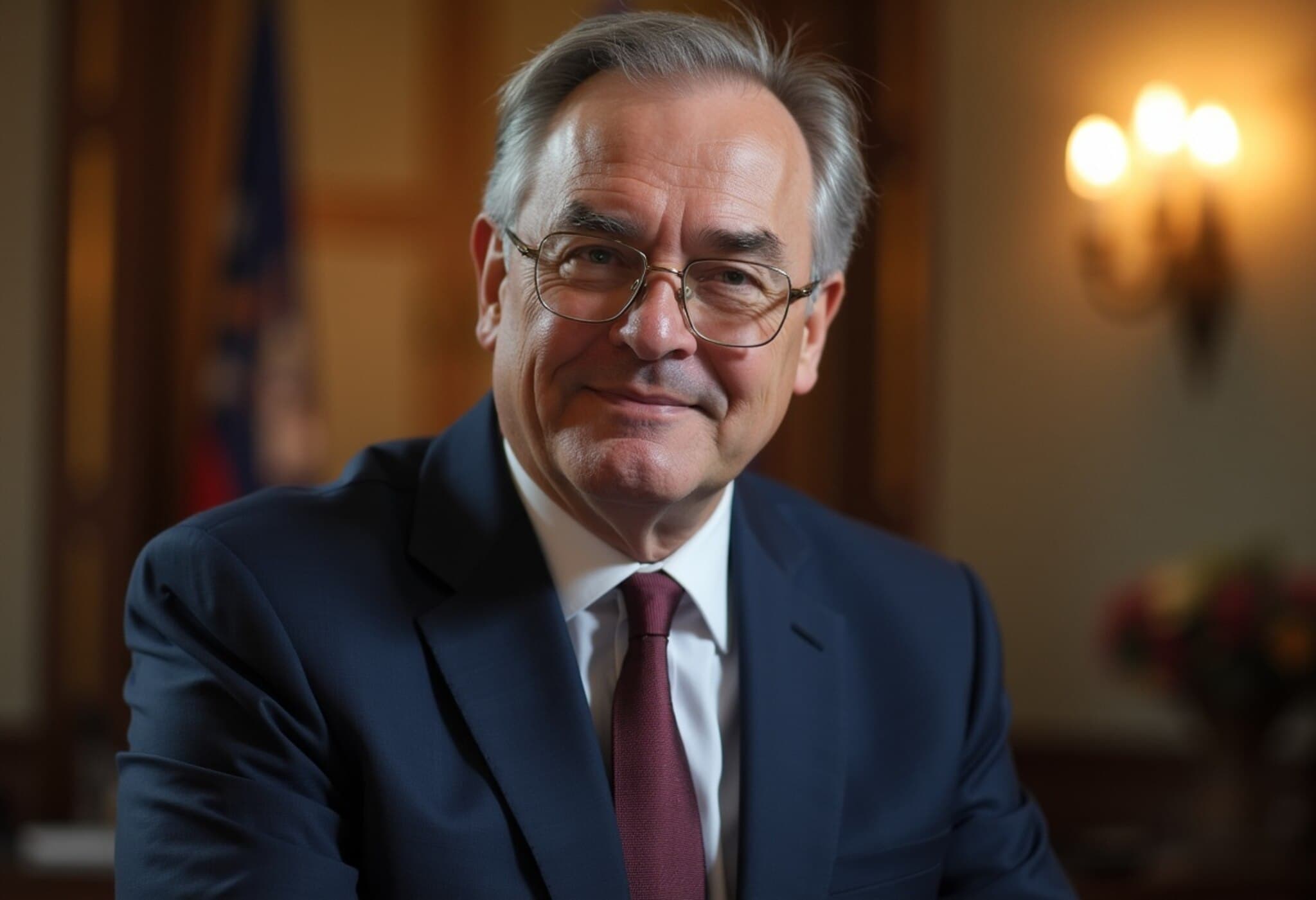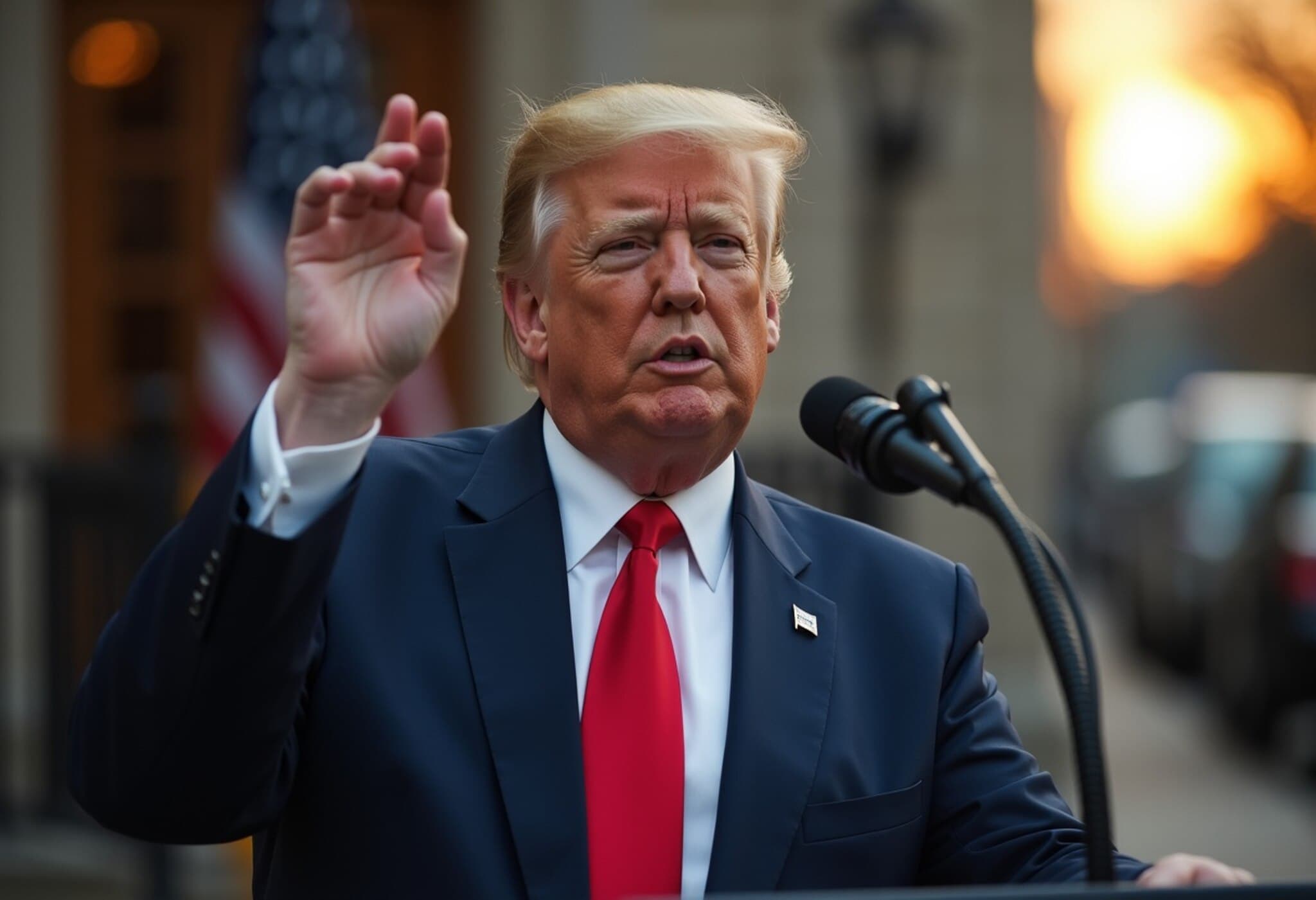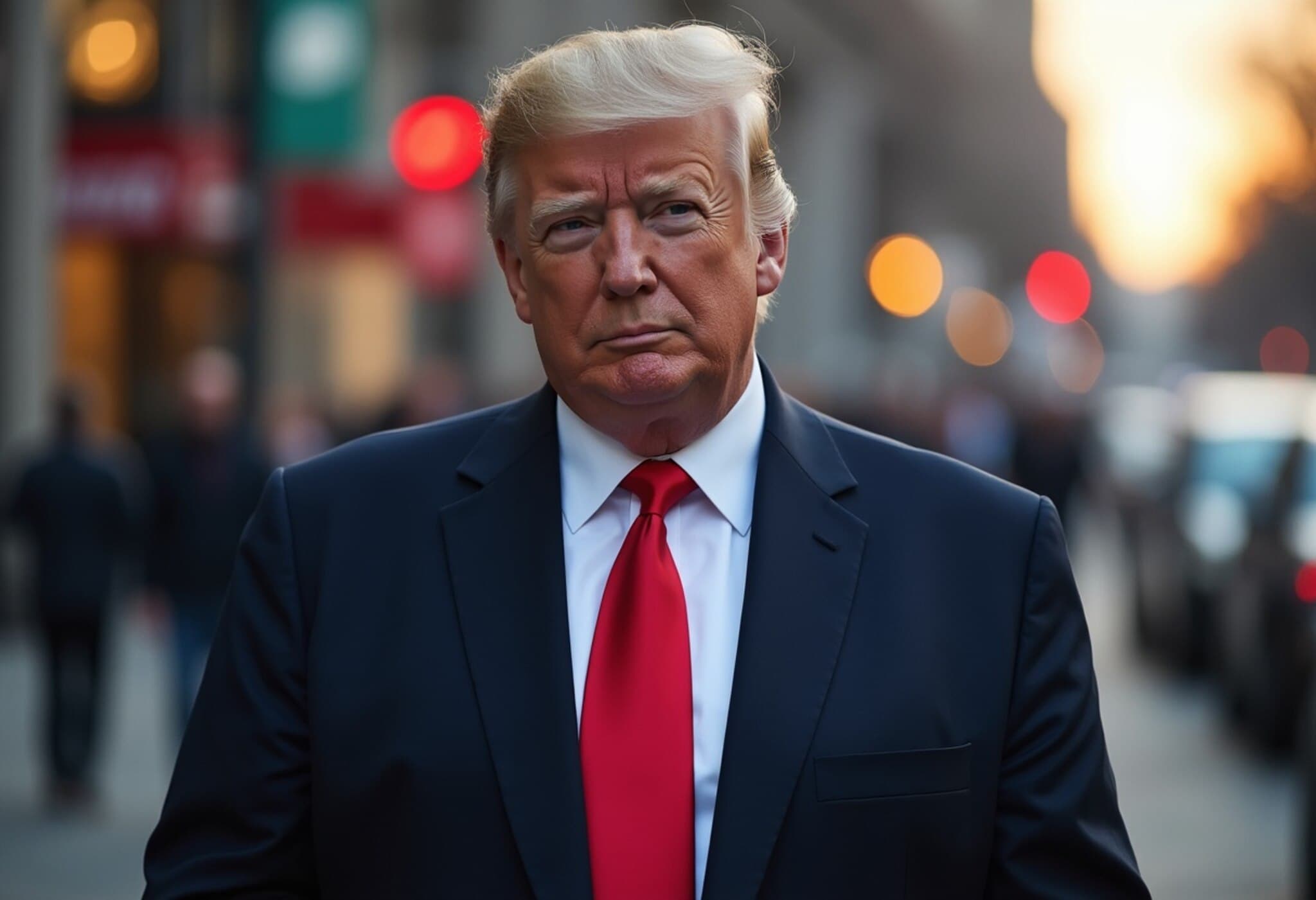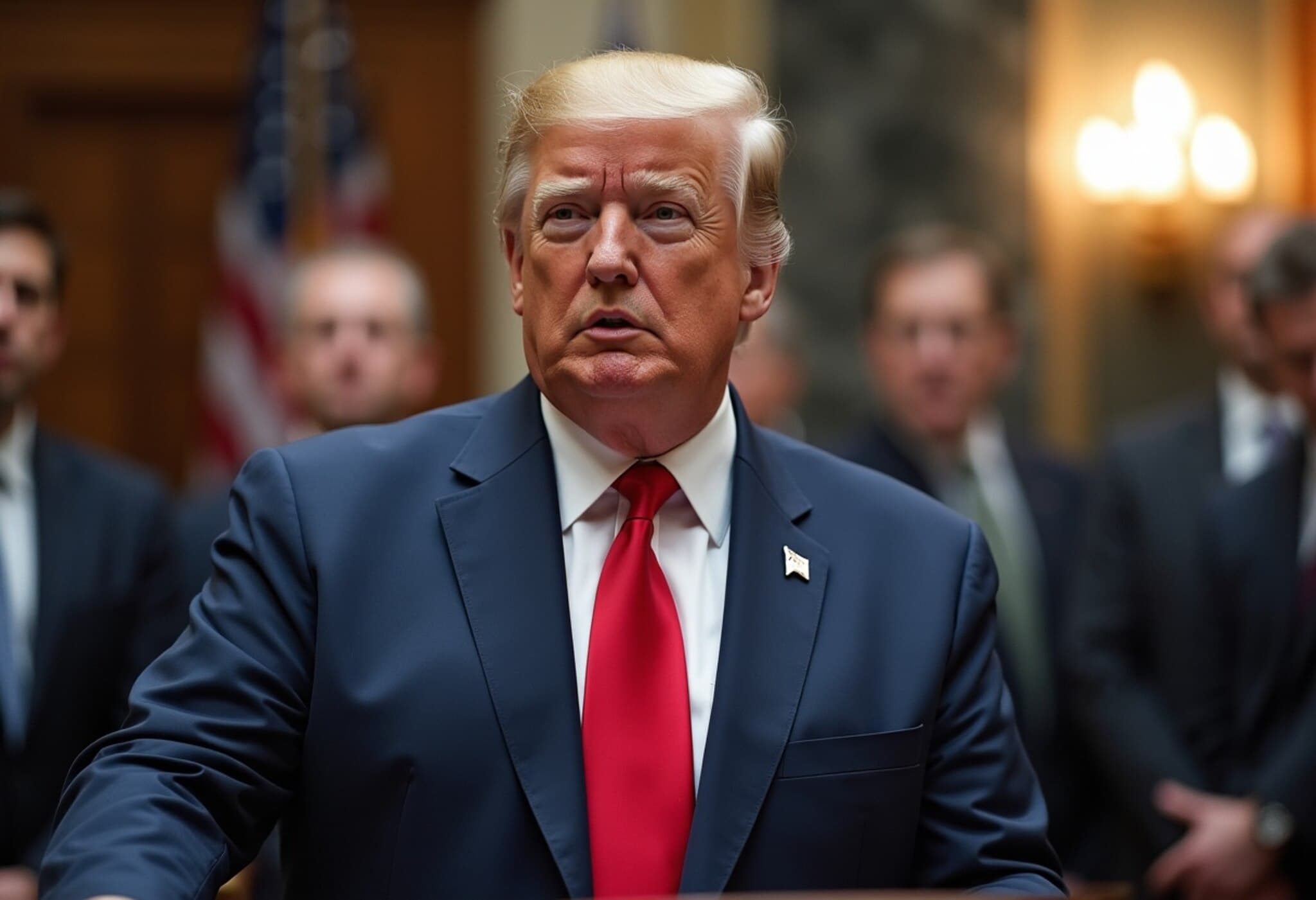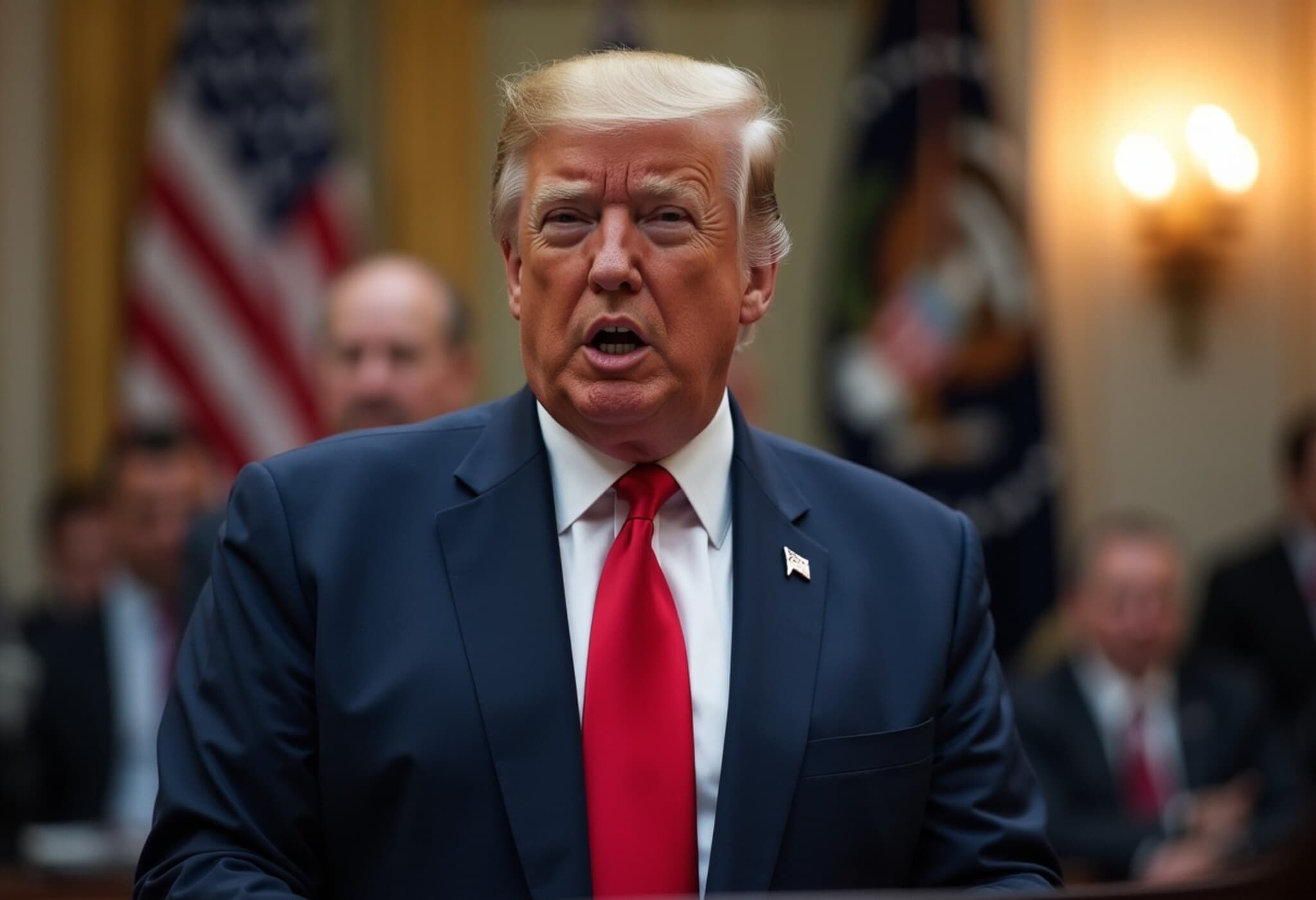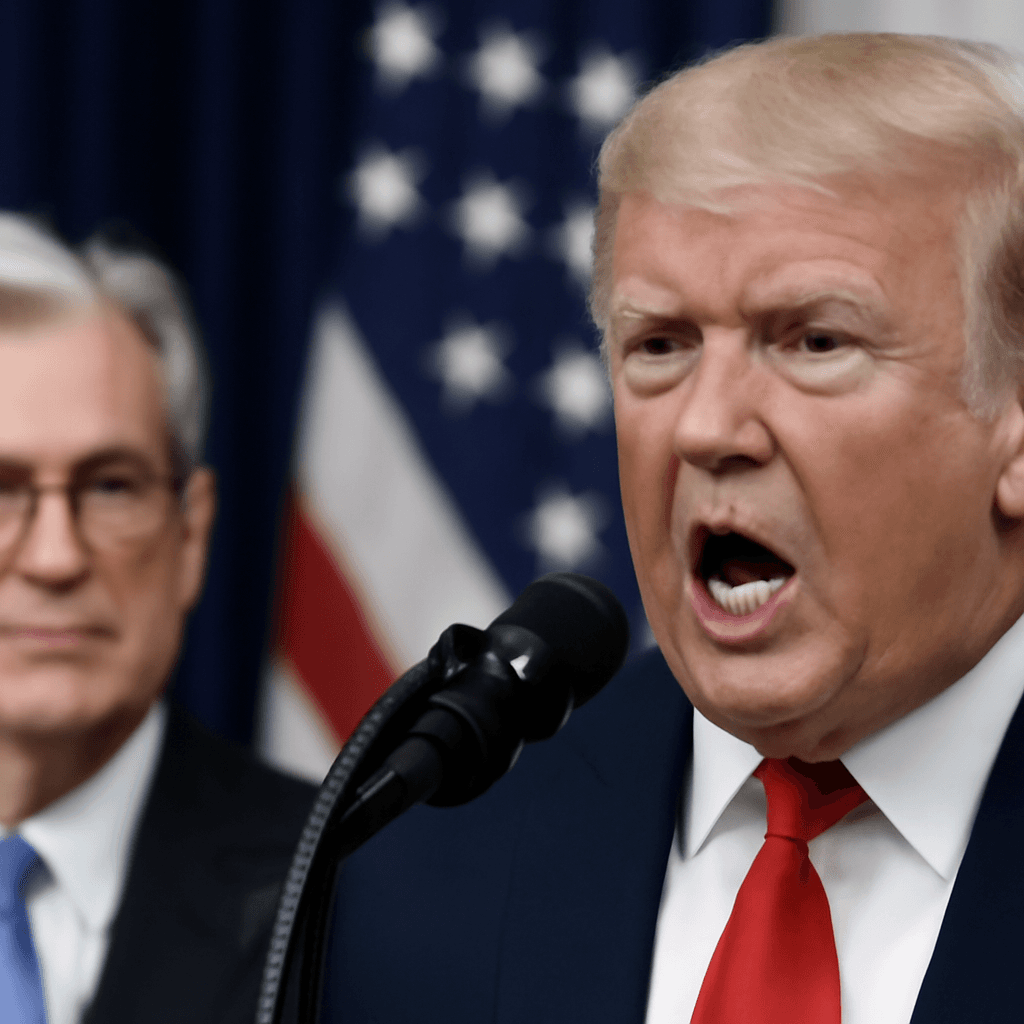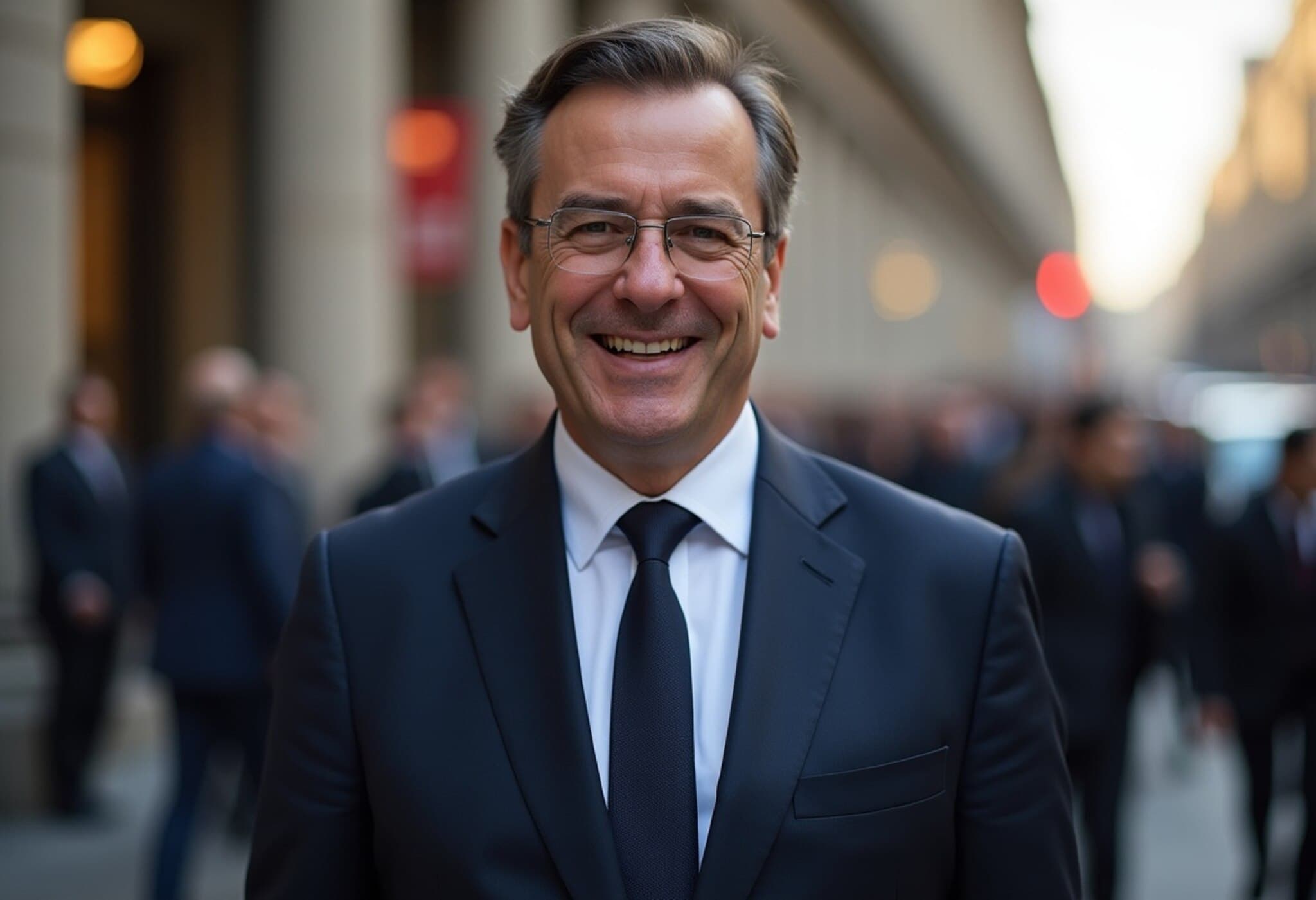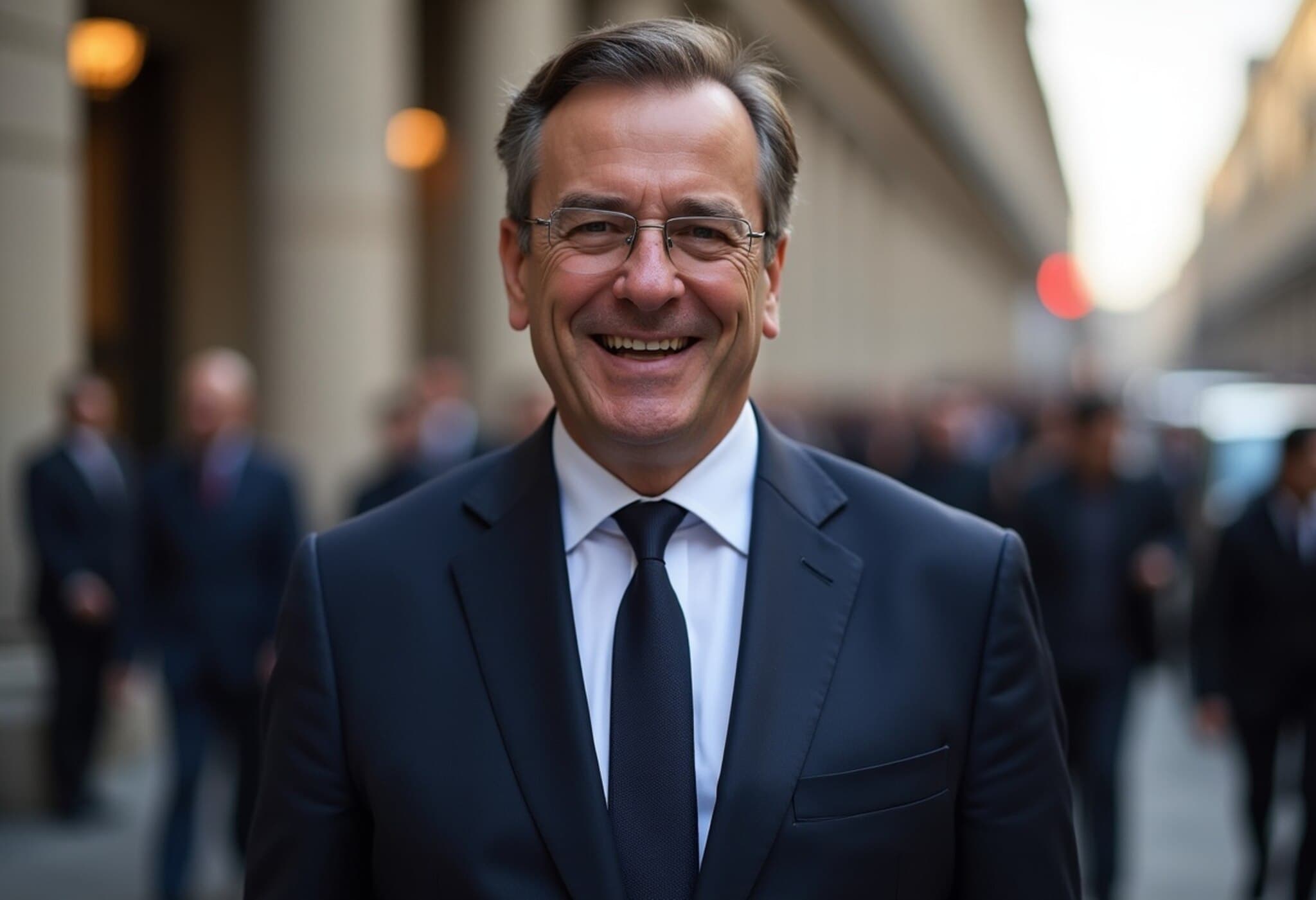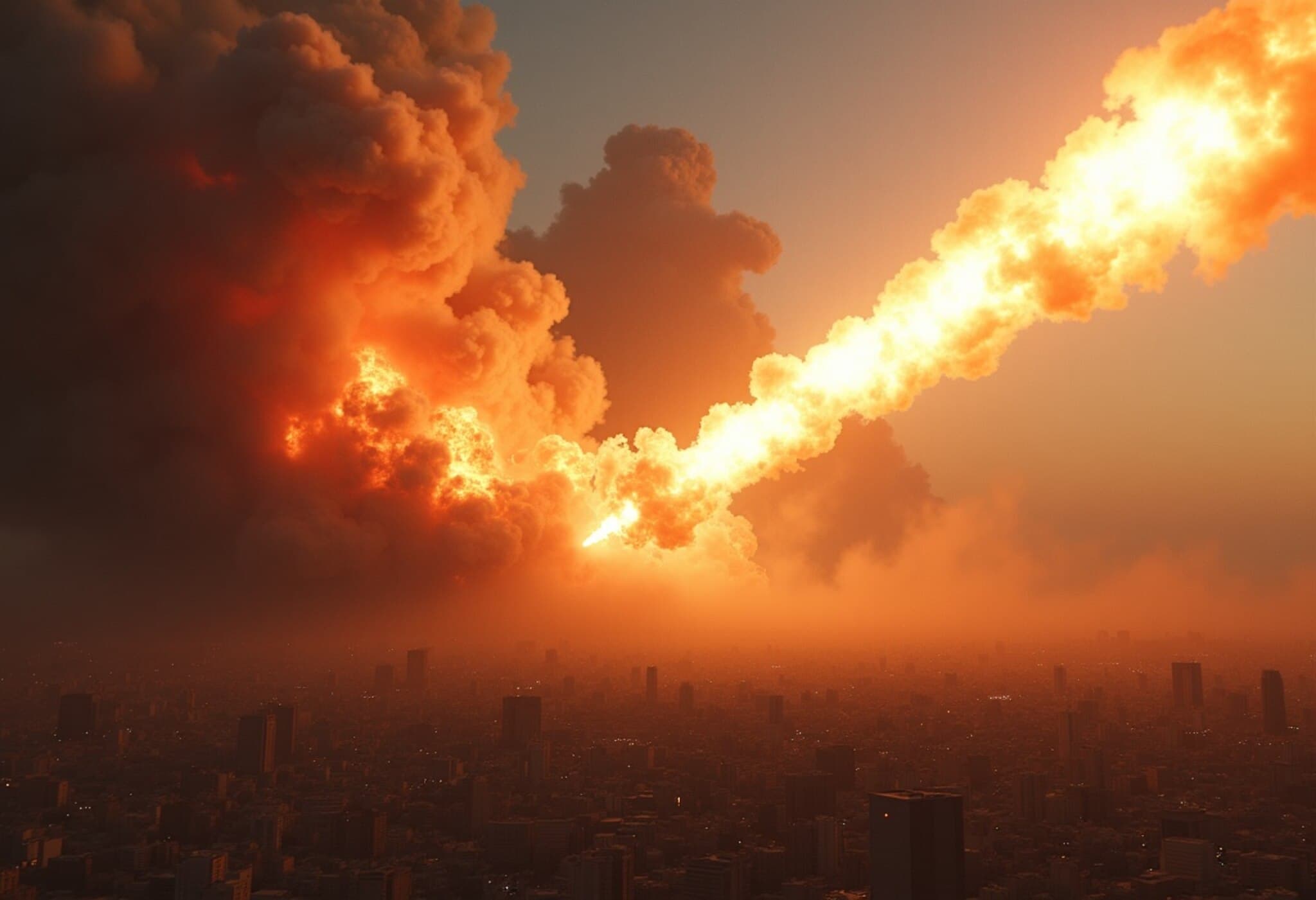Ilie Bolojan Takes Helm as Romania's New Prime Minister
After weeks of political deadlock, Romania's President Nicușor Dan has nominated Ilie Bolojan, leader of the National Liberal Party (PNL), as the country's new prime minister. This appointment ends a prolonged period of uncertainty following the annulled December presidential elections.
Bolojan, 56, a centre-right politician known for his reform-minded leadership and administrative rigor, previously served as Senate president and briefly as acting president earlier this year. His nomination signals a pro-European, pro-Western direction for Romania's government.
Tackling Romania’s Pressing Budget Crisis
The immediate task awaiting Bolojan is managing Romania's severe budget challenges. The country recorded the highest budget deficit in the European Union at 9.3% at the end of last year, underscoring the urgency of fiscal reforms.
Speaking recently, Bolojan acknowledged the complexity of the situation, warning that the new administration may have to implement "unpopular measures," including public spending cuts and tax hikes, in order to stabilize finances.
Experts recognize Bolojan as the most suitable figure to take these difficult steps, though some note his limited experience in national politics beyond his short stint as interim president.
Political Challenges Beyond Finance
The political climate remains fragile after the contentious presidential election. Achieving long-term consensus on necessary reforms presents a significant hurdle. Political consultant Cristian Andrei highlights that, while short-term measures might alleviate immediate pressures, failure to enact deeper institutional changes could perpetuate instability and inflame tensions during upcoming elections.
Coalition Prospects and Upcoming Parliamentary Vote
Bolojan's nomination now awaits parliamentary approval. The anticipated coalition includes the centre-right PNL, the left-leaning Social Democratic Party (PSD), the reformist Save Romania Union (USR), and the ethnic Hungarian UDMR party.
The PSD has proposed a power-sharing arrangement involving rotation of the prime minister's post as part of the coalition deal. Bolojan acknowledged the weight of responsibility the leadership role entails and outlined his top priorities:
- Restoring fiscal order
- Promoting good governance to foster Romania’s development
- Upholding respect for Romanian citizens
Political Dynamics and External Concerns
Despite far-right parties securing about a third of parliamentary seats, they were excluded from coalition talks. This exclusion drew strong criticism from defeated far-right presidential candidates, who called it a "disgrace and insult." Meanwhile, the European Union remains watchful over the rise of Eurosceptic factions in Romania, particularly given their opposition to providing military aid to Ukraine.
As Romania prepares to navigate these internal and external pressures, the success of Bolojan’s premiership will largely hinge on his ability to unite diverse political forces and steer the country through economic turbulence.

